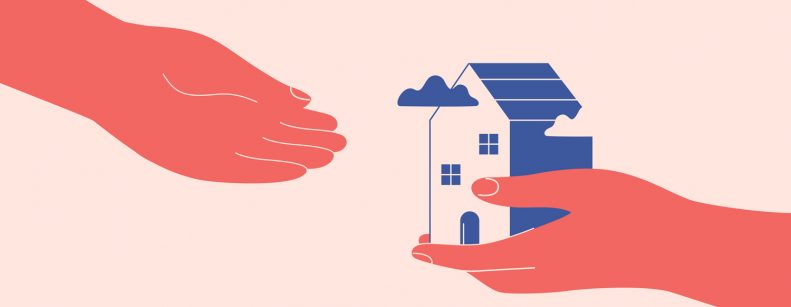
The current economic conditions have directly affected families' access to the purchase of housing and the dream of owning their own home, The housing deficit, which, according to MINVU figures, reaches 650 thousand homes, has increased by 62% in the last 10 years. This represents a 62% increase in the last 10 years, and for the next 4 years the government contemplates the construction of 260 thousand houses, being the most stable program in Latin America.
Added to the above is the increase in housing costs in Chile, which grew by an average of 5.8% per year, adjusted for inflation, between 1990 and 2022, in addition to the correlation with the increase in savings required to purchase a home. The latter fell by 0.7% of GDP in 2022, becoming the lowest in 20 years. As a result, 92% of people declare that they do not have the necessary funds for mortgage credit, according to the latest Enlace Inmobiliario survey.
Access to Housing: Mortgage Footloan Credit
It is a financing for people who still do not have enough savings to take the step and buy their own home today, at a time when banks require a minimum of 20%.At a time when banks require a minimum of 20%, providing loans in fixed monthly installments with a term of up to 60 months, focused almost exclusively on the purchase of their own home. In addition, this initiative associated with real estate companies allows the latter to reduce their stock of new homes, giving a boost to the real estate and construction industry at a national level, having a double impact on the economy.
Benefits for the real estate market
Better results from the sale of immediate and future delivery stock, improving the speed of sales and allowing real estate companies to focus 100% on their business, use the capital in their core business, have no financial risk or collection costs and recover in case of default.
This type of financing also has a social component, since in some cases it is aimed primarily at the acquisition of subsidized housing, focusing on women and migrants, who have a greater gap in access to financing. This promotes constant development, with a reduction in inequality and more sustainable communities in the long term.
Cristián Rodriguez P.
Private Debt Manager Fynsa AGF